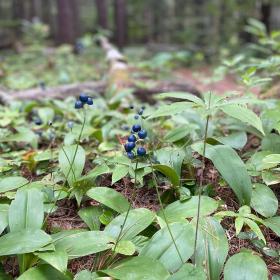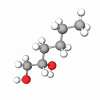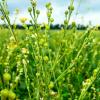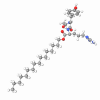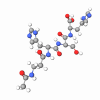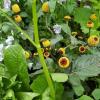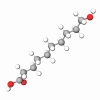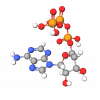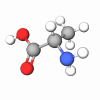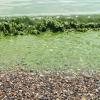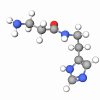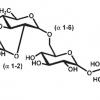Clintonia, known as Clintonia borealis and more commonly referred to as the Bluebeard Lily, is found in the eastern to central North American regions. This perennial plant grows up to 12 inches in height, with leathery, shiny leaves and yellow bell-like flowers on a tall leafless stalk that is in full bloom from May to July.
The berries of this plant are blue, as the common name may indicate. Native American Indians, such as the Potawatomi and Algonquins, were known to use Clintonia for a number of medicinal purposes. Fresh poulticed leaves were applied topically to burns, sores, bruises, and rabid animal bites for the plant's anti-inflammatory properties.
The root of the plant was utilized to ease childbirth, due to the fact that the root was thought to contain phyto-estrogenic compounds. Clintonia Borealis Root Extract is obtained from the roots of the plant.
Clintonia Borealis Root Extract increases fibroblast proliferation, cellular respiration, and energy levels while soothing and decreasing the irritation potential of other ingredients in the formula. The extract itself contains soluble carbohydrate components found in the cytoplasm of the plant cells.Typically, the extract is found as a clear to hazy light greenish-yellow liquid with a pH of 6.0-7.0.
Is there proof of efficacy for Clintonia Borealis Root Extract?
Three separate efficacy studies were performed utilizing Clintonia Borealis Root Extract: Skin Respiration, Skin Cell Proliferation, and Chemical Irritation.
To demonstrate Skin Cell Respiration, the Warburg assay was used. This test method has been utilized for years as a means to assess cellular metabolism via oxygen consumption. For this study, a Gilson IG-14 differential respirometer was used to measure the oxygen uptake in the skin. Results of this study showed that cellular respiration could be increased by 55% with the addition of 10% Clintonia Borealis Root Extract.
Skin Cell Proliferation was measured via human fibroblasts (L-929 cells). The fibroblast cells were grown in a nutrient-rich medium with and without the addition of sterile filtered, preservative-free Clintonia Borealis Root Extract at a concentration of 0.1%. Proliferation of the fibroblast cells was measured via flow cytometry. Fibroblast proliferation increased by 55%.
The Chemical Irritation study was carried out on seven human subjects where 3% Balsam of Peru (a known chemical irritant) was applied to their volar forearms, followed by occlusion for 15 minutes. Subsequent to the occlusion period, 10% Clintonia Borealis Root Extract was applied to the irritated sites. Water was also applied to the irritated sites and used as the control. A Minolta Chroma Meter was then used to monitor erythema and irritation over a one-hour time period. Results indicated a 75% reduction of erythema via the use of Clintonia Borealis Root Extract.